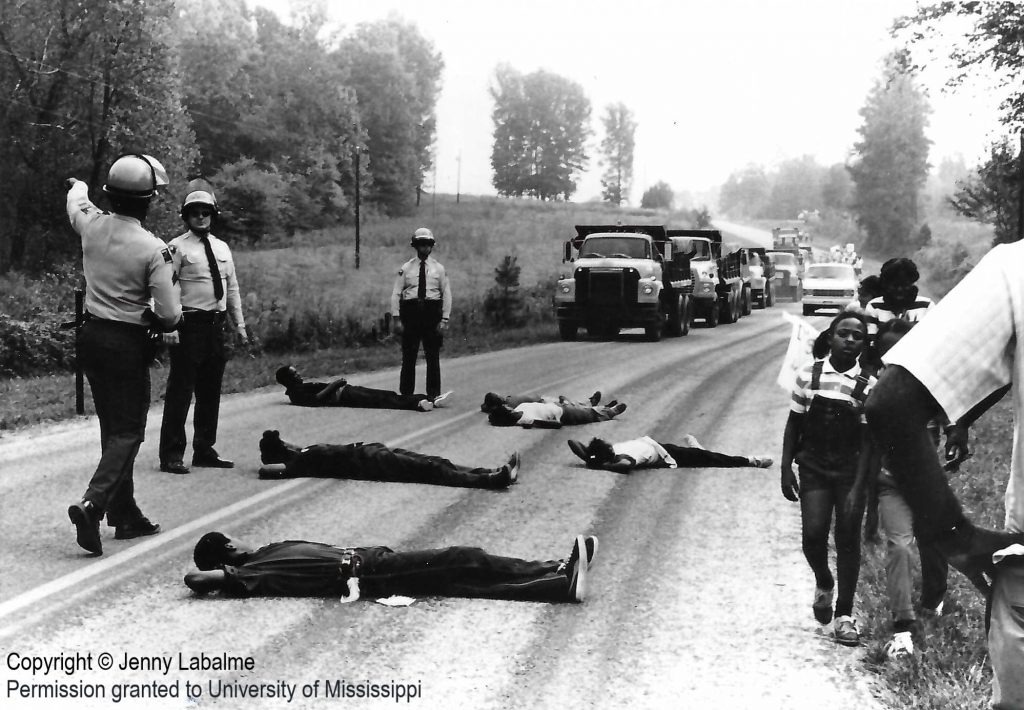
Protesters block a road leading to a toxic landfill in North Carolina in 1982. This photo is among those featured in 'We Birthed a Movement,' an exhibition by photographer Jenny Labalme at the Barnard Observatory's Gammill Gallery at the University of Mississippi. Labalme will discuss her work in an Oct. 10 SouthTalks lecture. Photo courtesy Jenny Labalme
Events kick off Sept. 12 at the University of Mississippi with journalist Tracie McMillan
by Rebecca Lauck Cleary
The environment can refer to a person’s surroundings or conditions, or a particular geographical area. Taking the latter meaning, the University of Mississippi‘s Center for the Study of Southern Culture hones in on Southern environments for its 2024-25 programming.
“We will begin with its most obvious interpretation – the natural world – but we will quickly move to a broader understanding of ‘environments’ as a variety of constructed and organic spaces in which multiple forces interact,” said Katie McKee, the center’s director. “We will ask questions about how the history and the idea of ‘the South‘ shaped those worlds and about how the people living in them influenced their development.”

SouthTalks is a series of events, including lectures, performances, film screenings and panel discussions, that explores the interdisciplinary nature of Southern studies. All events are free and open to the public.
Afton Thomas, associate director of programs, hopes the Southern environments theme encourages conversations about all types of environments, invoking questions about how the people within these spaces influence their development.
“We have ideas and expectations about the spaces we occupy, from the cities we call home and the churches and schools we attend to the aftermath of those spaces when change occurs,” Thomas said. “September SouthTalks include events on the effects and impact of material advantages in a public school, a state’s toxic landfill, a blueprint for environmental injustice and the aftermath of a built environment.”
The fall series begins at 4 p.m. Sept. 12 in Bondurant Hall, Room 204C, when Tracie McMillan presents “The Cash Value of Racism in America—and Its Schools.” McMillan is a journalist who began reporting on the material advantages of racial privilege in America through the story of the Becker sisters, who attended public schools in Hattiesburg.
In this talk, McMillan will use the Becker’s story to explore how racism has shaped public institutions – and ultimately weakens them for everyone.
A native of Flint, Michigan, McMillan lives in Brooklyn and Detroit and has covered America’s multiracial working class. Her work has appeared in a variety of publications, including The New York Times, Mother Jones and National Geographic.
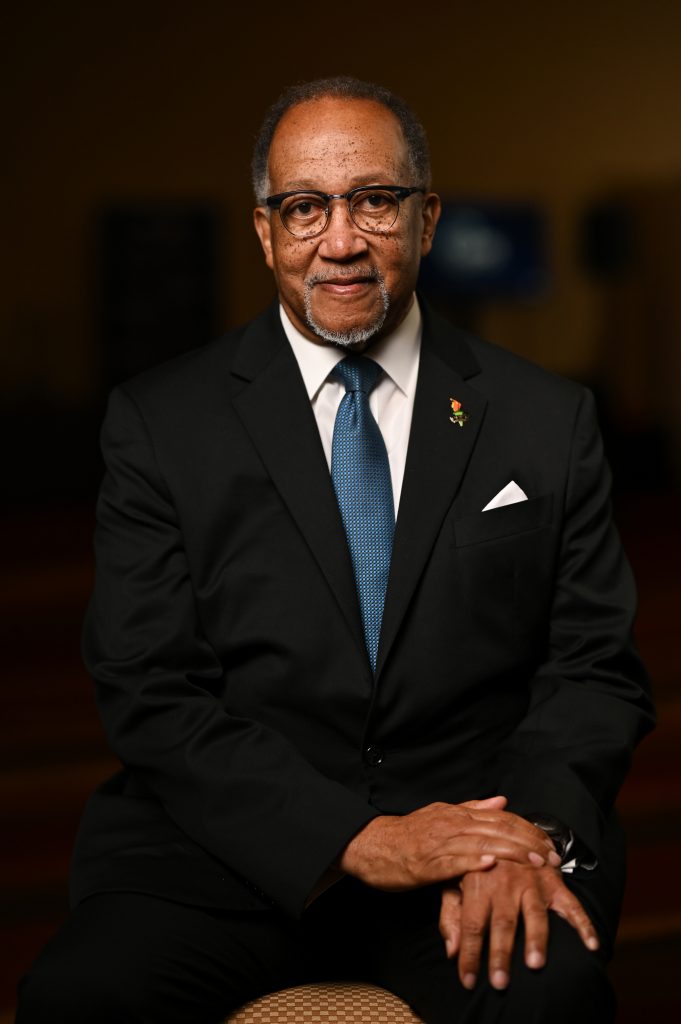
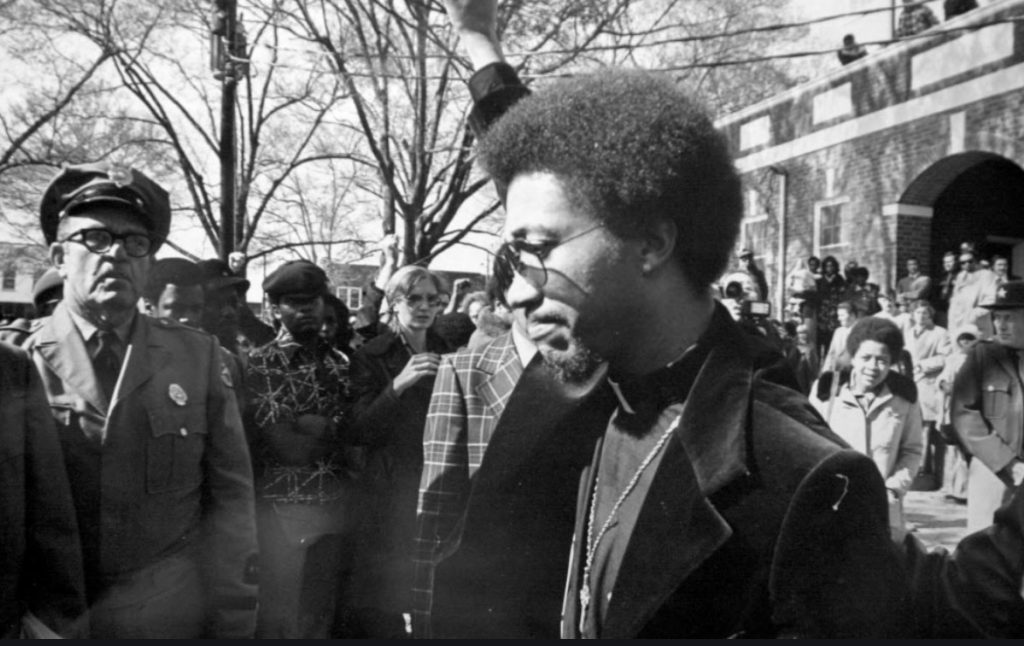
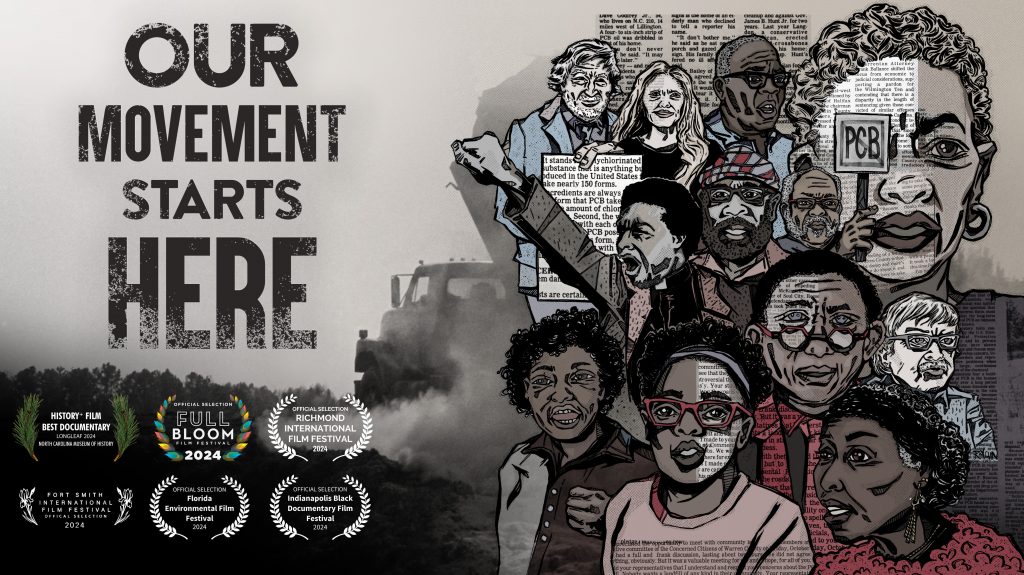
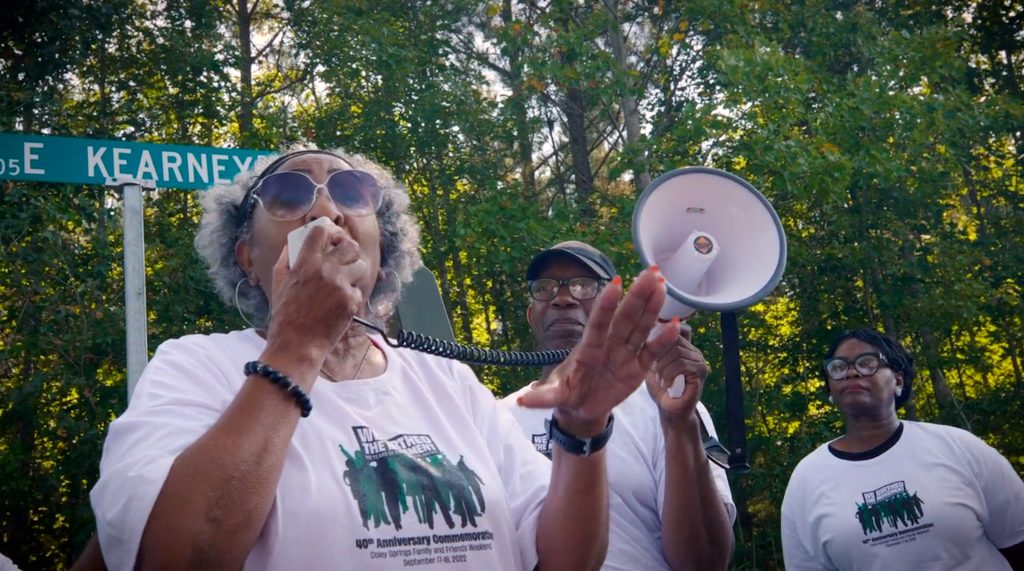
At 6 p.m. Sept. 19 in the Overby Center Auditorium, a film screening and panel will examine “Our Movement Starts Here,” a feature-length documentary by directors John Rash and Melanie Ho. The film chronicles how a rural, majority-Black community in North Carolina made history in 1982 by fighting the state’s toxic landfill, an event that is often said to have sparked the environmental justice movement.
The film will be followed by a conversation with the filmmakers and two of the participants in the production, the Rev. Dr. Benjamin Chavis and environmental justice activist Dollie Burwell.
Chavis also lectures on “Southern Environmental Justice” at noon Sept. 20 in the Barnard Observatory Tupelo Room. In this SouthTalk, he will speak on the evolution of the aforementioned environmental justice movement.
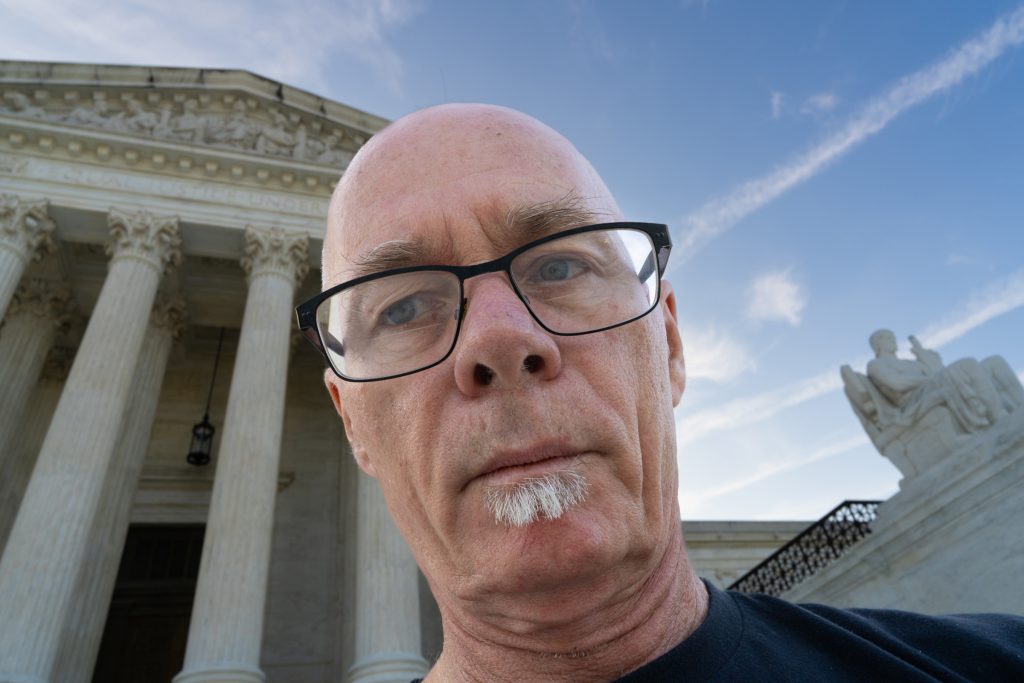
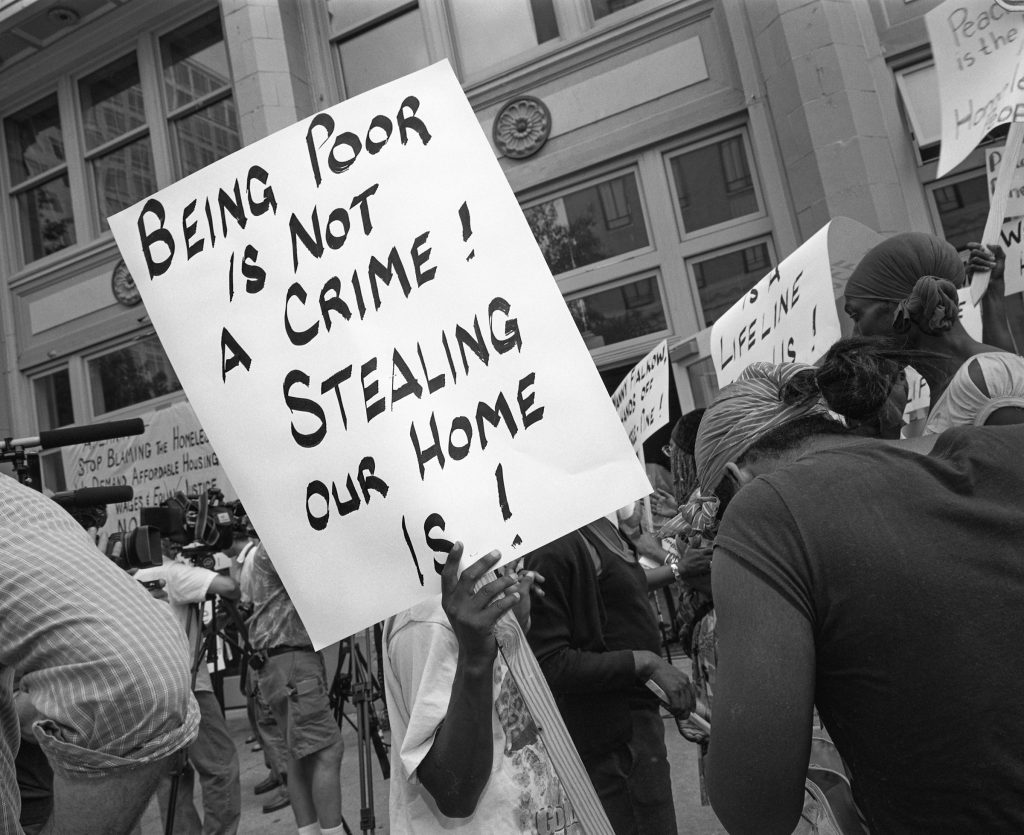
The movement has grown into a global campaign for environmental justice, equality and equity. Chavis is a civil rights leader, global business leader, faith leader and public intellectual, and is the host of “The Chavis Chronicles,” which airs weekly on PBS stations nationwide.
At noon Sept. 25, Chuck Steffen presents “Surplussed Atlanta: The Built Environment of Homelessness” in the Barnard Observatory Tupelo Room. In his talk, Steffen, a retired historian who spent 40 years teaching at Murray State University and Georgia State University, will discuss the transformation of the downtown environment of Atlanta after World War II.
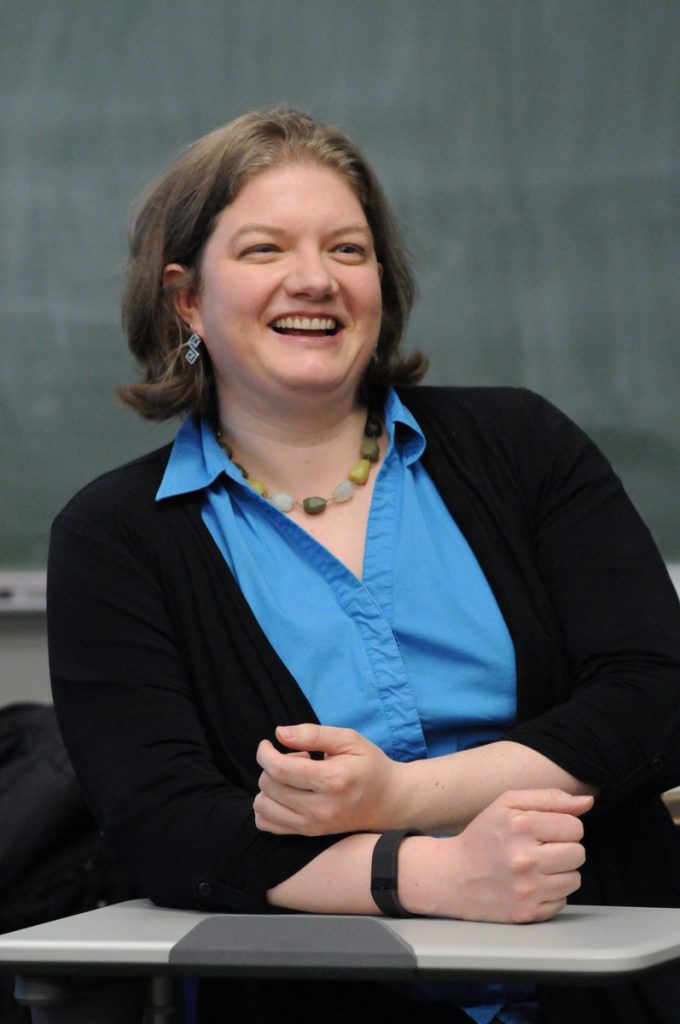
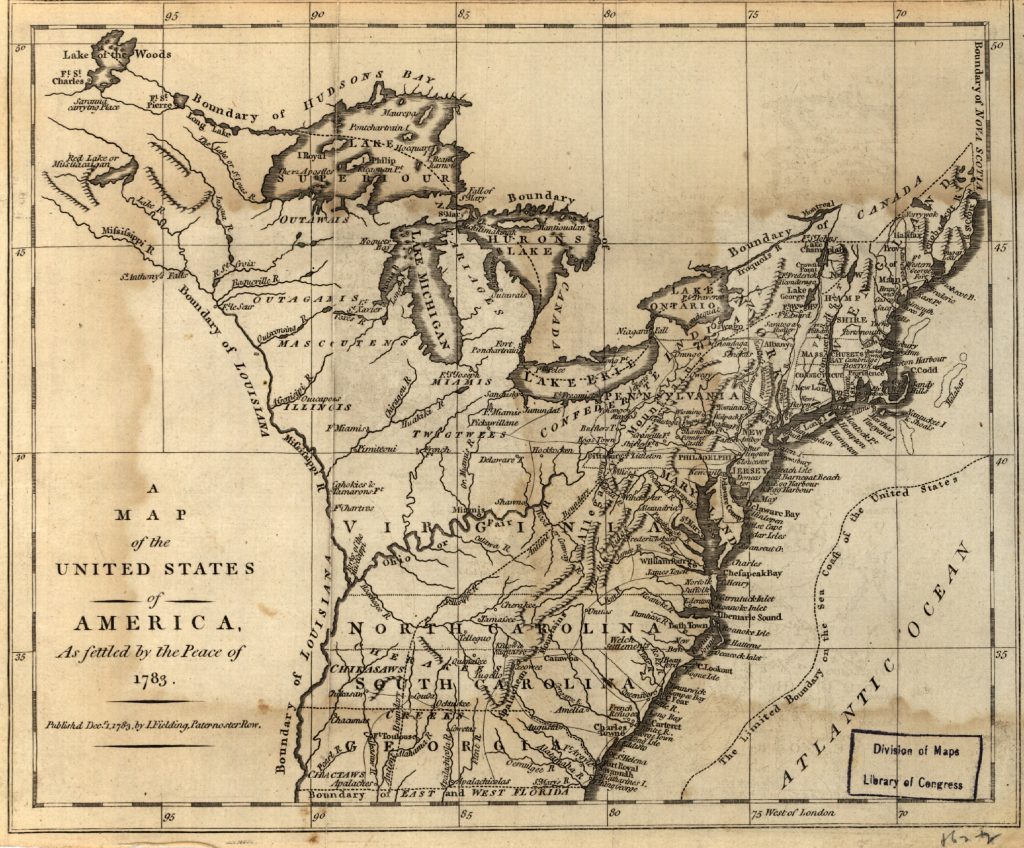
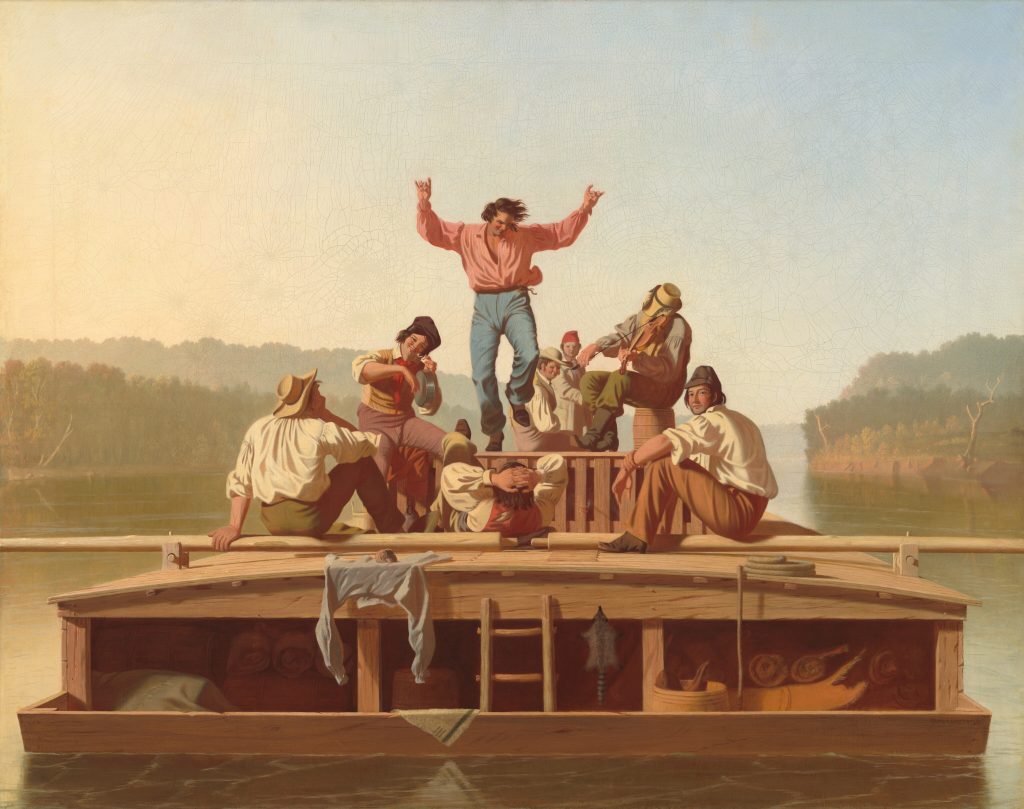
Susan Gaunt Stearns, associate professor of history at Ole Miss, presents “When the South Was West: The Mississippi and the Founding of the Nation” at noon Oct. 2 in the Barnard Observatory Tupelo Room. In this SouthTalk, Stearns explains why understanding the waterways of the Mississippi River is a necessary precursor to understanding the place of the future Deep South within the American republic.

Duke University scholar Thavolia Glymph gives the annual Gilder Jordan Lecture in Southern Cultural History in Nutt Auditorium at 6 p.m. Oct. 8. She will explore the legal consciousness of enslaved people before the Civil War – their knowledge and understanding of U.S. and Confederate law – and how it guided their decisions to flee and the arguments they made in defense.
Glymph holds the Peabody Family Distinguished Professorship in History and is a faculty research scholar and professor of history and law at the Duke Population Research Institute. She also is president of the American Historical Association.
At 5:30 p.m. Oct. 10 in Barnard Observatory’s Gammill Gallery, Jenny Labalme will discuss the photographs in her exhibit “We Birthed a Movement,” which is on display in the gallery. Labalme, who was a student-photographer during the 1982 protests against a PCB landfill in Warren County, North Carolina, will discuss the photographs that chronicled the fight.
Labalme, who spent almost two decades working first as a photojournalist and later as a journalist for publications in North Carolina, Alabama, Mexico City and Indianapolis, served on a history subcommittee that advised the University of North Carolina archivists and curators on assembling relevant materials for the exhibit.
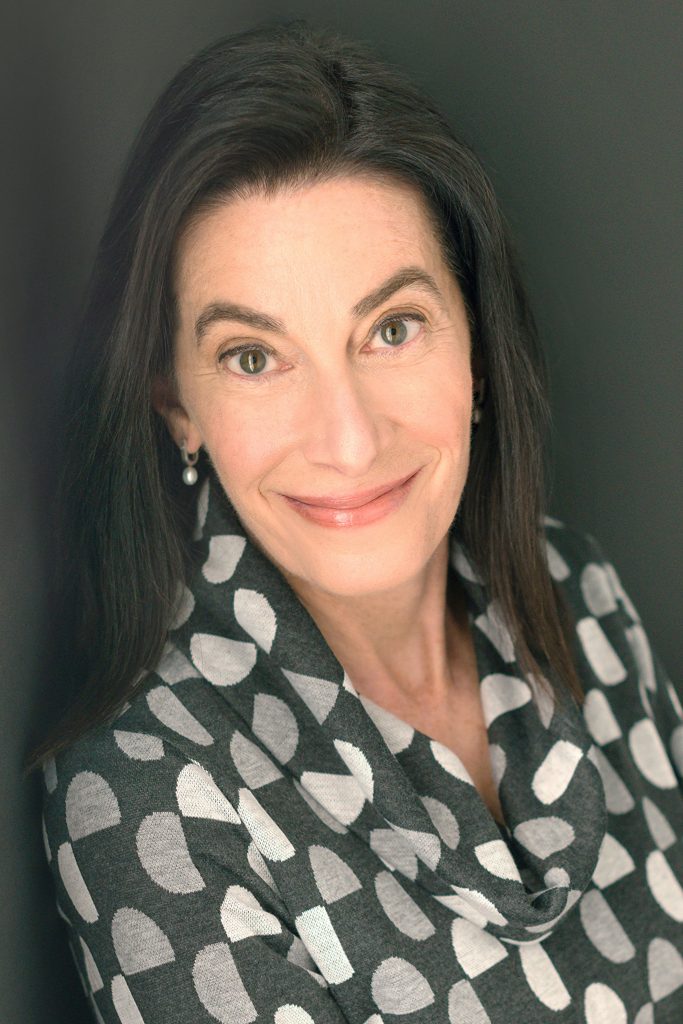

At noon Oct. 16 in the Barnard Observatory Tupelo Room, Rae Garringer presents “Country Queers: Lessons from a Decade of Documenting Rural LGBTQIA2S+ Histories.” Garringer is a writer, oral historian and audio producer who started recording oral history interviews with rural queer and trans friends in central Appalachia in 2013.

Since then, the project has grown to include more than 90 oral histories, a traveling gallery exhibit, a podcast and a book. Garringer will share photos made along the way and audio excerpts from the oral history interviews. They also will read from their forthcoming book, “Country Queers: A Love Letter” (Haymarket Books, 2024).
Corey J. Miles presents “Vibe of the South: Ordinary Blackness/Carceral Intimacies” at noon Oct. 23 in the Tupelo Room. His talk examines the lives of Southern trap rappers.
Miles is an ethnographer of the Black South and an assistant professor of sociology and Africana studies at Tulane University. His book, “Vibe: The Sound and Feeling of Black Life in the American South,” (University Press of Mississippi, 2023) investigates how Black people have built the South while being simultaneously excluded from it.


At 5 p.m. Nov. 13 in the Tupelo Room, Rich Purcell investigates “Revolutionary Verticality? The Black Panther Party as Media Company.” Purcell, the Hubert H. McAlexander Chair of English at Ole Miss, will draw from material about Stronghold Consolidated Productions Inc. from the Huey P. Newton and Black Panther Party archives to reveal the party’s cinematic aspirations and its attempts to control the party’s intellectual property.

The series concludes at 6 p.m. Dec. 6 with the annual fall documentary showcase, a celebration of the work of Southern studies documentary students.
For assistance relating to a disability, contact Afton Thomas at amthoma4@olemiss.edu or call 662-915-5993. Visit https://southernstudies.



